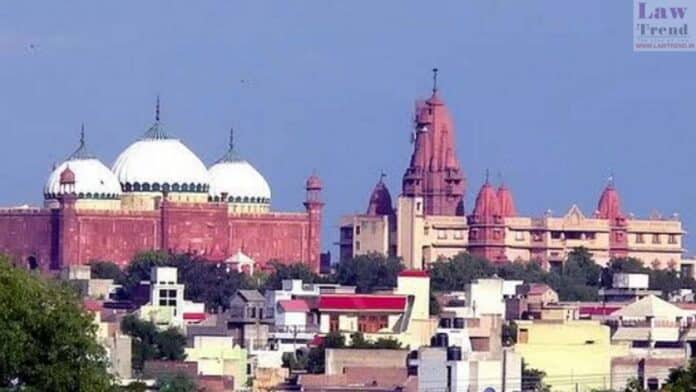The Supreme Court on Wednesday deferred the hearing of a plea by the mosque management committee of the Shahi Idgah in Mathura to March 2025. The committee is challenging an Allahabad High Court order that rejected their petition in the ongoing Krishna Janmabhoomi-Shahi Idgah dispute. The apex court’s decision came as it was preoccupied with another major case concerning the appointment of staff in West Bengal schools.
Chief Justice of India Sanjiv Khanna, along with Justice Sanjay Kumar, expressed the bench’s inability to take up the mosque committee’s plea due to their involvement in adjudicating over a hundred petitions linked to a recent Calcutta High Court verdict. “We are in another case today. List the plea in March, 2025,” the CJI directed.
The controversy centers on the historical and religious significance of the land where the Shahi Idgah Mosque stands, adjacent to the site believed to be the birthplace of Lord Krishna. Hindu litigants claim that the mosque, dating back to the era of Mughal Emperor Aurangzeb, was constructed following the demolition of a temple.
The Allahabad High Court, in its August 2021 ruling, determined that the religious character of the site as of August 15, 1947, needs to be established through both documentary and oral evidence. This decision aligns with the principles of the Places of Worship (Special Provisions) Act, 1991, which preserves the religious character of places of worship as they were at the time of India’s Independence, with the notable exception of the Ayodhya dispute.
Advocate Barun Sinha, representing one of the Hindu parties, argued that the mosque committee should have pursued an intra-court appeal at the Allahabad High Court instead of directly approaching the Supreme Court. The mosque committee, however, contends that the Hindu lawsuits violate the Places of Worship Act and are thus legally untenable.




